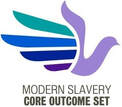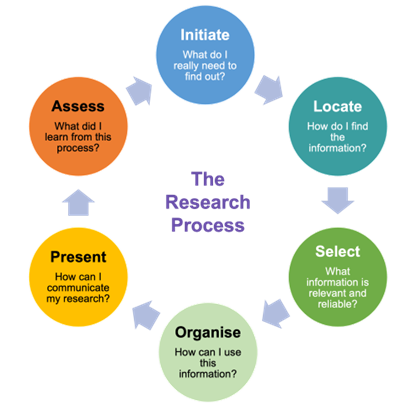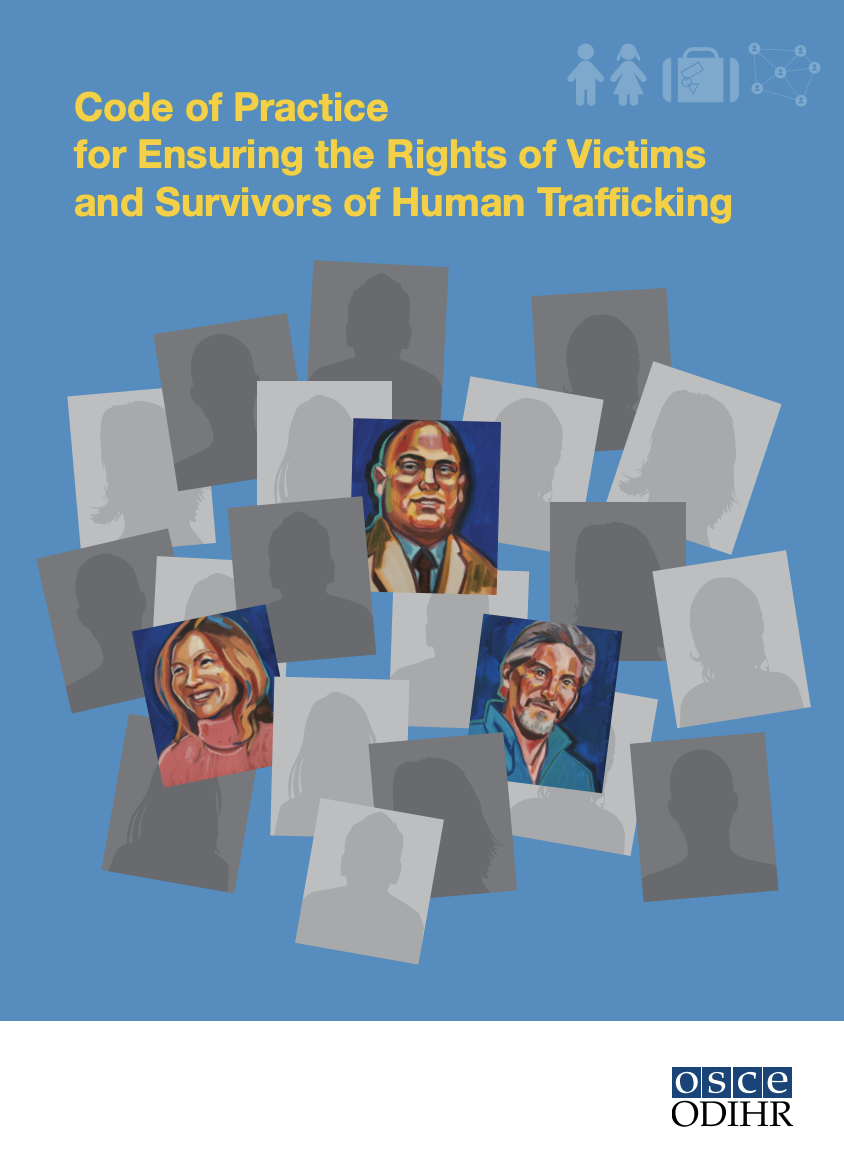Work by the MSCOS Research Advisory Board (RAB)
Presentation at the Innovation Forum
|
On 23 March 2023, Keith Lewis a member of our Research Advisory Board, spoke at the Innovation Forum event: Responsible Sourcing and Ethical Trade Forum (How Businesses can transform practices to drive ethical, responsible and transparent supply chains that create a positive impact.
His presentation focussed on the crucial importance of raising awareness about how prevalent human trafficking can be in plain sight, and the importance of involving survivor voices when designing business programs/ advocating for changes to policy. |
Survivors in Research Leaflet
This leaflet was written by a member of our Research Advisory Board, Juliet Joseph. Here, she tells us more on why this leaflet is so important.
"I created the leaflet because from my experience, I know how it felt doing stuff on your own and not knowing what to do, who to go to. Before I got into research, I felt lost, I didn’t know anyone. Now I am no longer in modern slavery, I thought I should create a leaflet, not only to help survivors to get experience in research but to enable them to socialize with other people so they can start building their confidence.
Research may be something they want to do in the future, or it may not be, however this leaflet can lead them towards much more than research, but a professional life in which they can meet survivors and non-survivors.
I included visual guidelines to take you through the process:
"I created the leaflet because from my experience, I know how it felt doing stuff on your own and not knowing what to do, who to go to. Before I got into research, I felt lost, I didn’t know anyone. Now I am no longer in modern slavery, I thought I should create a leaflet, not only to help survivors to get experience in research but to enable them to socialize with other people so they can start building their confidence.
Research may be something they want to do in the future, or it may not be, however this leaflet can lead them towards much more than research, but a professional life in which they can meet survivors and non-survivors.
I included visual guidelines to take you through the process:
Writing the leaflet it made me feel very motivated – by doing this it really motivated to me to know I could actually help someone to get along with their life and access further education. It gave me a purpose myself – after everything I’ve been through – to help someone else."
You can download a copy of the Survivors in Research leaflet here. You can download either a online or print version.
You can download a copy of the Survivors in Research leaflet here. You can download either a online or print version.
|
| ||||||||||||
Survivor leadership resources
|
In response to the lack of survivor inclusion to date, and in line with its objectives, ODIHR, in consultation with ISTAC and other relevant anti-trafficking stakeholders, developed this policy guidance. It reflects participating States’ obligations as well as international good practices to protect victims and survivors of human trafficking under international, regional and national laws as well as with National Referral Mechanisms (NRMs) or equivalent mechanisms. It aligns with OSCE commitments and draws on ODIHR’s NRM Handbook, which also recognizes the importance of the contributions of survivor leaders to all aspects of effective anti-trafficking work.
The Code of Practice seeks to provide guidance for participating States on ways to ensure not only the inclusion of victims’ and survivors’ voices but also their full engagement on all anti-trafficking responses. The lived experience and professional expertise of survivor leaders contributes to the understanding of the importance of ensuring a victim- and survivor-centred, child-friendly, age-appropriate, gender-sensitive, trauma-informed and human rights-based approach throughout the Code of Practice. The Code of Practice also gives participating States guidance on how to implement their commitments to protect the rights of trafficked people, including on identification and protection, support and access to services, justice and redress, social inclusion and victim- and survivor-engagement strategies. |




















